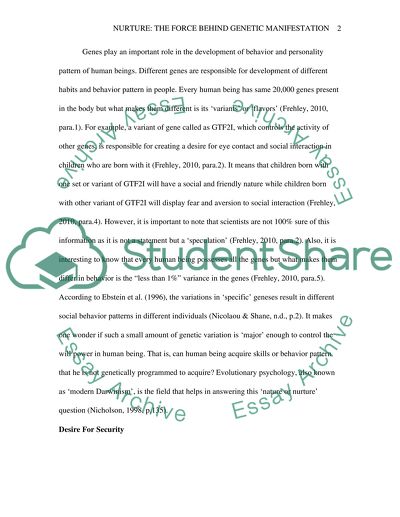Cite this document
(“The field of psychology addresses the constant question of whether Research Paper”, n.d.)
Retrieved from https://studentshare.org/family-consumer-science/1412799-the-field-of-psychology-addresses-the-constant
Retrieved from https://studentshare.org/family-consumer-science/1412799-the-field-of-psychology-addresses-the-constant
(The Field of Psychology Addresses the Constant Question of Whether Research Paper)
https://studentshare.org/family-consumer-science/1412799-the-field-of-psychology-addresses-the-constant.
https://studentshare.org/family-consumer-science/1412799-the-field-of-psychology-addresses-the-constant.
“The Field of Psychology Addresses the Constant Question of Whether Research Paper”, n.d. https://studentshare.org/family-consumer-science/1412799-the-field-of-psychology-addresses-the-constant.


